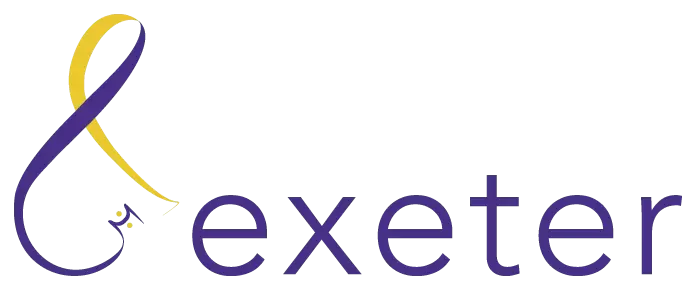The need for curation
There used to be a time in recent past where information was not readily available and knowledge not freely shared. We eagerly awaited the arrival of the newspaper, the weekly or the monthly journal to learn more about global events. People waited patiently for the information to arrive knowing fully well that the content was well researched, vetted and edited to enable an enlightening reading experience. The editors of yesteryear prided themselves on providing an unbiased, fair view of the events of the day and the news media was much loved and trusted.
So much has changed today with the advent of the internet. Information is available within minutes and anyone with a mobile phone is now a reporter. It has become more important to be new rather than newsworthy and there is little or no time for editorial integrity. The nature of the media has also changed with social networks and the ownership by large corporate entities has resulted in news being more opportunistic and manipulative without reflecting the complete picture. The term truth itself has become debatable as more often than not corroborating evidence is lacking. A pretty depressing picture!
Are we destined for a world of disinformation? The scholarly publishing world would certainly disagree. It has distinguished itself by continuing to maintain editorial integrity and prides itself on its ability to present the true picture. How does it continue to do so in this changing world? The answer is curation. Digital curation is the process of actively managing research data throughout its life cycle – this involves maintaining, preserving and adding value to it. Curation enables long-term repositories to be maintained, helps avoid duplication of effort in research data generation and makes it available to all stakeholders for taking research efforts forward.
Scholarly publishing relies on its authors and scientists to create the content and then verify the content for its accuracy and relevance to furthering the research in their fields. Publishers spend their time and resources to support these researchers to ensure they have the best people, tools and systems to ratify the content and then take on the onerous task of disseminating the content across the world in an efficient and timely manner.
This wonderful ecosystem has established its own internal moral compass by setting a high standard and ensuring that the standards continue to develop and evolve. The peer review process ensures that only the best content gets published and any attempt at fraud is highlighted as soon as it is detected even after publication. The entire editorial board of a prestigious journal recently resigned because they felt the journal was veering away from its core principles!
The rate at which technological advances are now happening is a testament that this process plain works. Many large enterprises are now employing digital curation with real people working in conjunction with big data and machine learning to improve the quality of information and gain insights to make the next big jump. The UK based Digital Curation Center says it best, “curation enhances the long term value of existing data by making it available for further high quality research”. I personally believe the jobs of the future will be as curators in helping making sense of the oceans of information and guarantee that our decision-making is free from bias.


